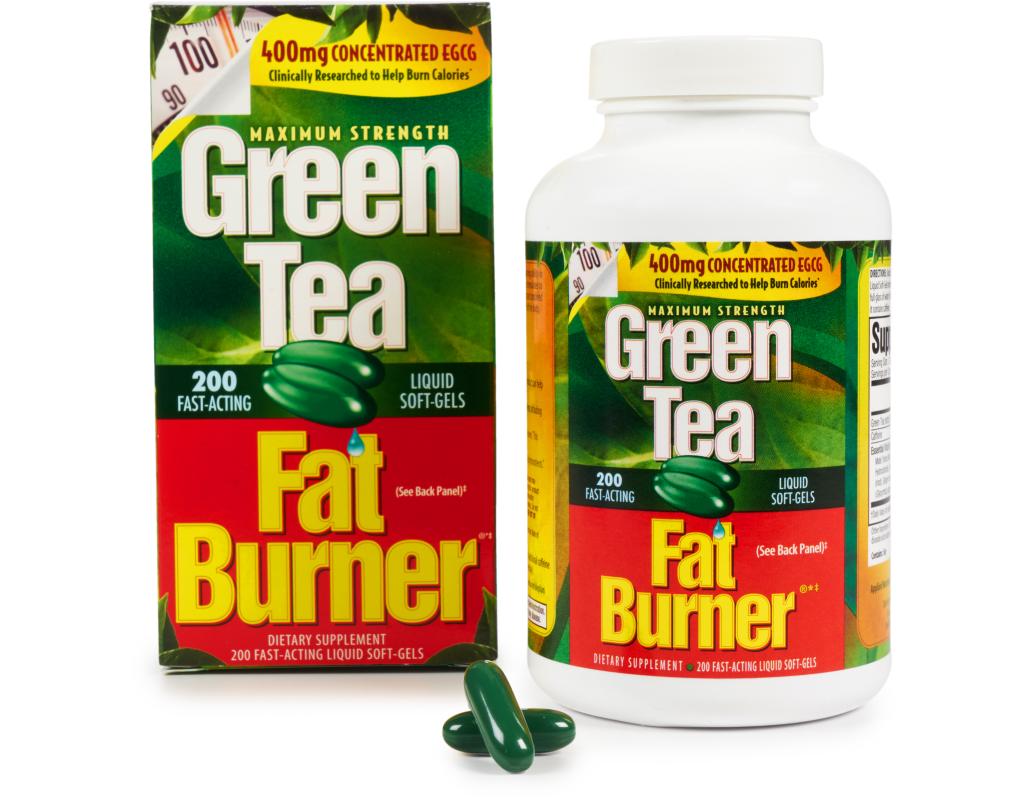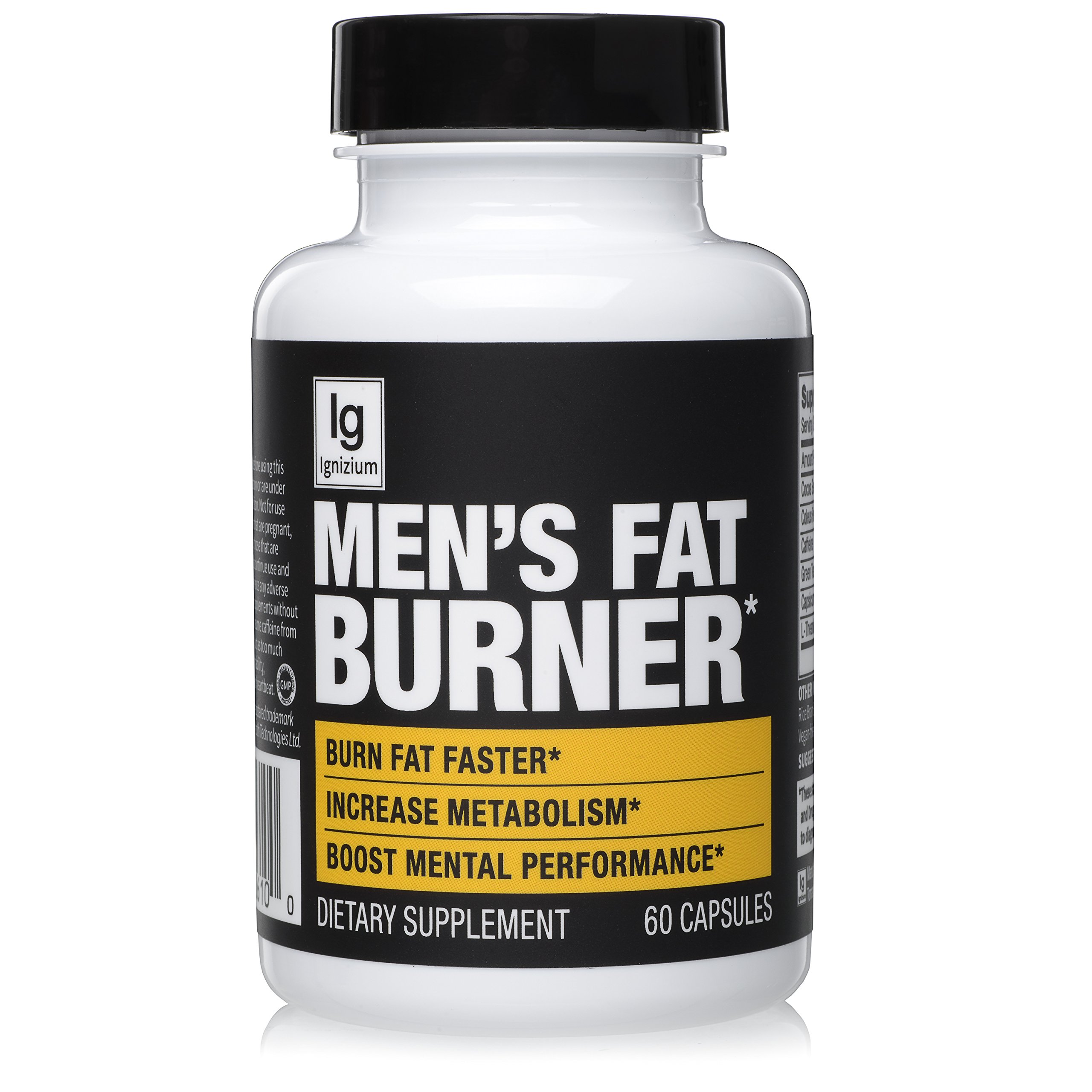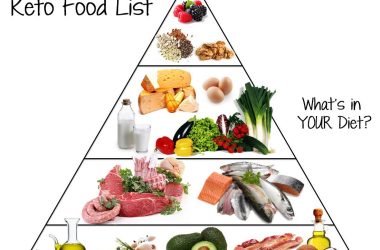Losing weight is an incredibly popular goal, but it’s not always easy to achieve. People often turn to diet pills as a solution in order to reach their desired body weight. But navigating the wide variety of diet pills on the market can be overwhelming – which ones are effective and which ones don’t work? This article takes an in-depth look at the top weight loss pills available today and evaluates which ones may work best for you.
What Are The Best Diet Pills?
When it comes to diet pills, there are many options on the market ranging from prescription medications to over-the-counter supplements. Some of the most common active ingredients found in these products include caffeine, green tea extract, bitter orange extract, garcinia cambogia, and raspberry ketones. Each of these ingredients has different effects on metabolism and appetite suppression, so it’s important to research each one before taking any supplements.

Prescription Weight Loss Pills
Prescription weight loss pills are only available with a doctor’s prescription and typically contain stronger concentrations of active ingredients than over-the-counter supplements do. Examples of prescription weight loss pills include Phentermine (Adipex) which suppresses appetite by increasing serotonin levels in the brain; Orlistat (Xenical) blocks fat absorption; Liraglutide (Saxenda) increases levels of two hormones that make you feel full; Bupropion/ Naltrexone (Contrave) reduces hunger sensations while increasing dopamine production; Metformin (Glucophage) helps regulate blood sugar levels; and Phenylethylamine (Qsymia) works similarly to amphetamines by suppressing the appetite.
Side Effects Of Prescription Weight Loss Pills
While prescription weight loss pills can be effective for some people, they can also have serious side effects including insomnia, constipation, dry mouth, headaches or dizziness due to changes in blood pressure or heart rate changes. Additionally, long-term use could cause dependence or addiction issues similar to those associated with recreational drugs like cocaine or methamphetamine due to their ability to increase energy levels and suppress appetite significantly. Taking them without consulting a doctor is not recommended as they should only be used under medical supervision for patients who need extra help with losing excess weight after other methods have failed them.
The Counter Supplements For Weight Loss
Over-the-counter (OTC) supplements are more readily available than prescription drugs but still offer potential benefits when taken correctly as part of a healthy lifestyle plan that includes exercise and a balanced diet. Common ingredients found in OTC supplements include green tea extract, which boosts metabolism; CLA (conjugated linoleic acid), which helps burn fat faster; white bean extract, which inhibits carbohydrate absorption; garcinia cambogia, which blocks fat formation while reducing hunger pangs; glucomannan fiber, which increases satiety while reducing overall food intake; Bioperine, which speeds up metabolism while blocking fat storage; raspberry ketones, which promote the increased breakdown of stored fats into energy sources faster than normal rates, plus much more! As with all dietary supplements, however, caution should be taken when using these products as results will vary based on individual factors such as age, health status etc. If you are unsure about anything consult your doctor first before starting any new regimen involving the use of supplements, especially if already prescribed medications are also being taken regularly!
Dosages and directions for use with OTC supplements
For optimal results when using OTC supplements for weight management purposes, directions should always be followed carefully, paying particular attention to dosage guidelines indicated both time-wise and frequency-wise alongside general safety warnings listed within the literature accompanying each item being used. If unsure as to how much to take always contact a physician healthcare professional prior to beginning any supplement regimen to ensure safety effectiveness whilst avoiding potential adverse reactions occurring due to usage, incorrect dosing, incorrect timing etc. Additionally drinking plenty of fluids throughout the day assist the absorption process helping to ensure maximum benefits are achieved through regular ingestion protocol followed accordingly.

Conclusion
Choosing a weight loss pill is a personal decision that requires careful consideration depending on individual needs, desires, goals and expectations. By understanding the active ingredients present within various types available both via prescription and nonprescription forms users are able to better decide which type best suits them ultimately leading to the successful attainment of desired outcome terms health fitness related aspirations held.
Despite the availability of numerous options, choosing the right option is often a difficult task requiring a considerable amount of research consideration beforehand despite the difficulty involved in finding the right fit rewarding effort made due to positive impacts gained once an appropriate selection is made!!!





